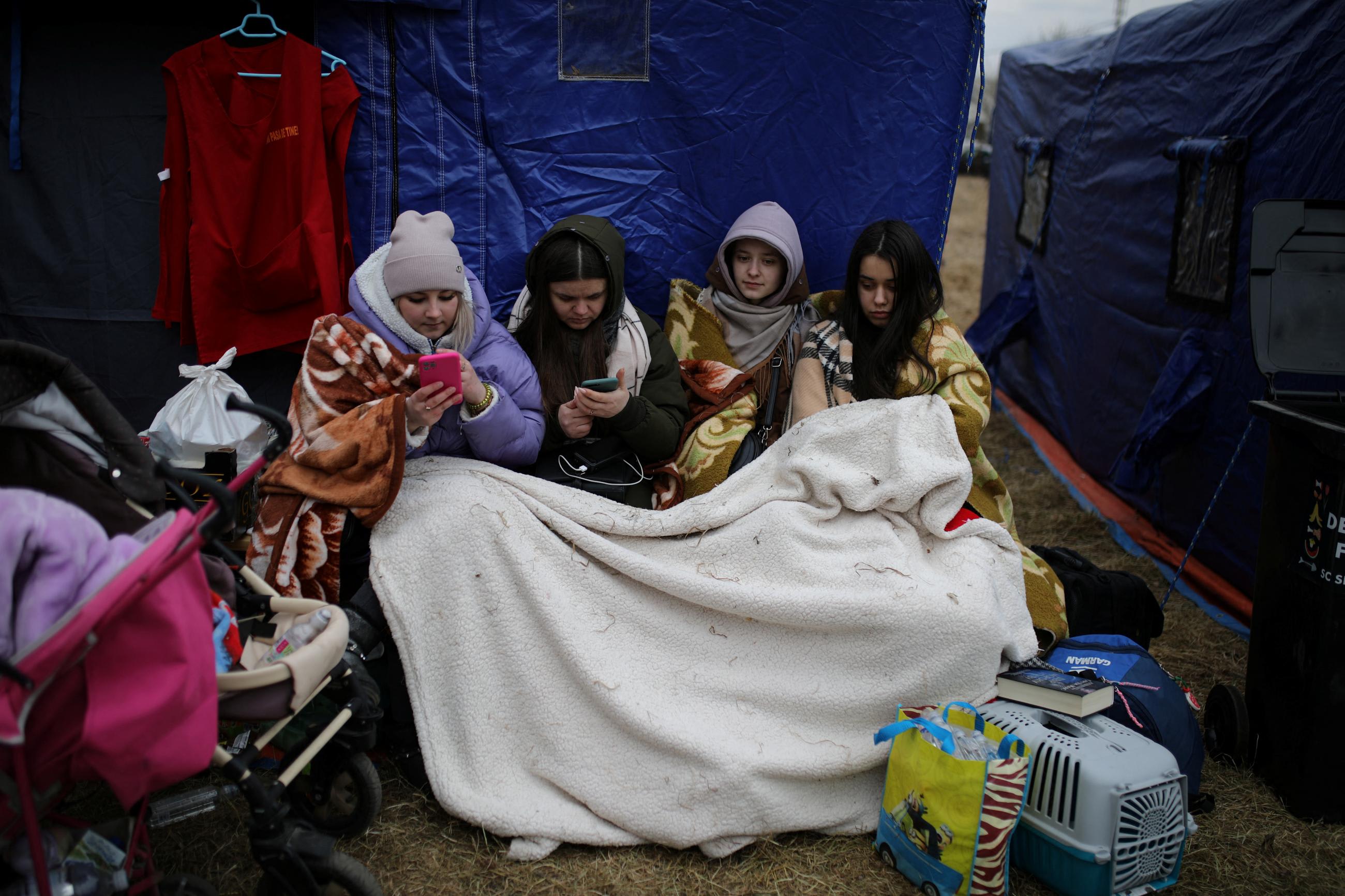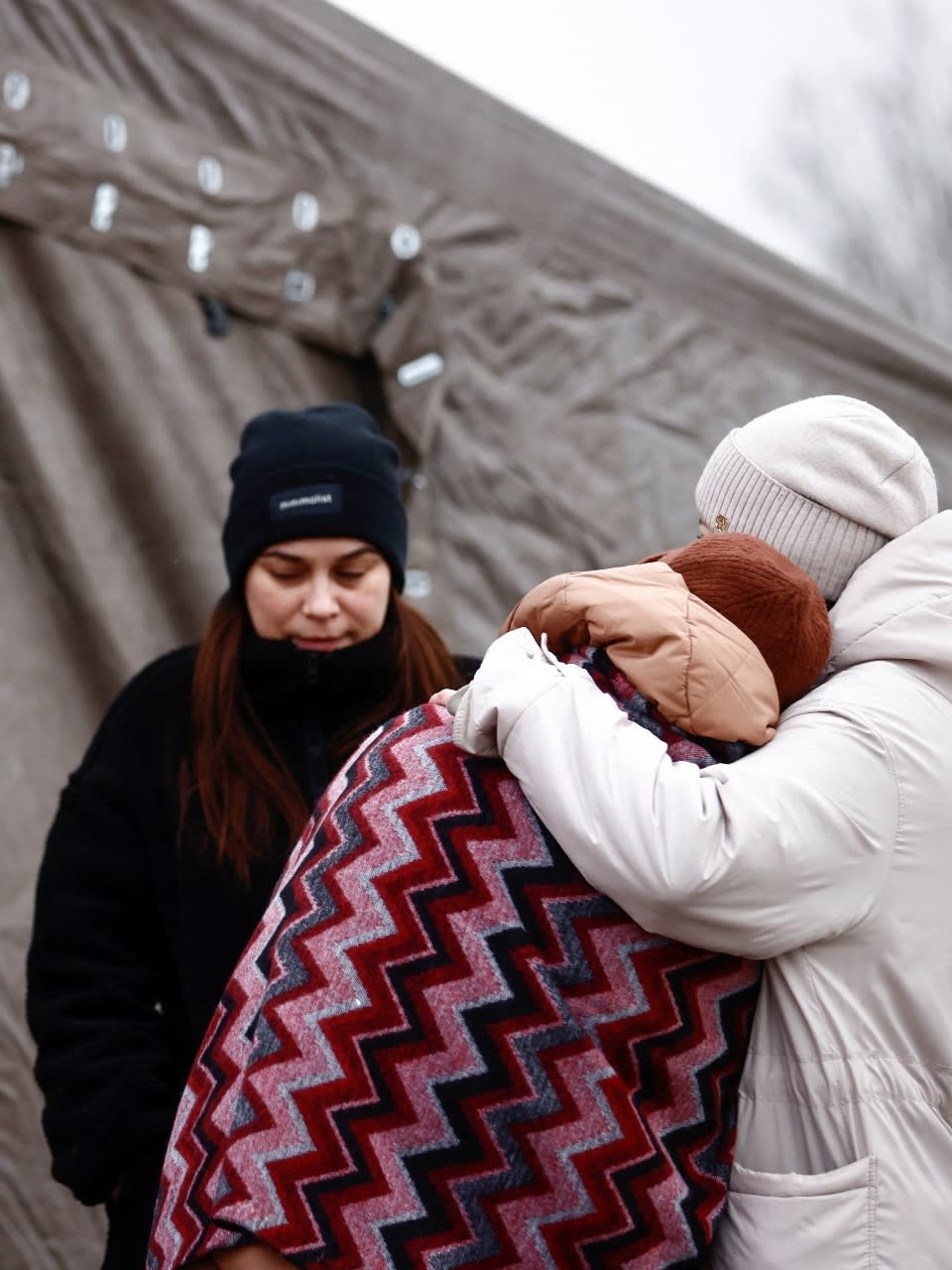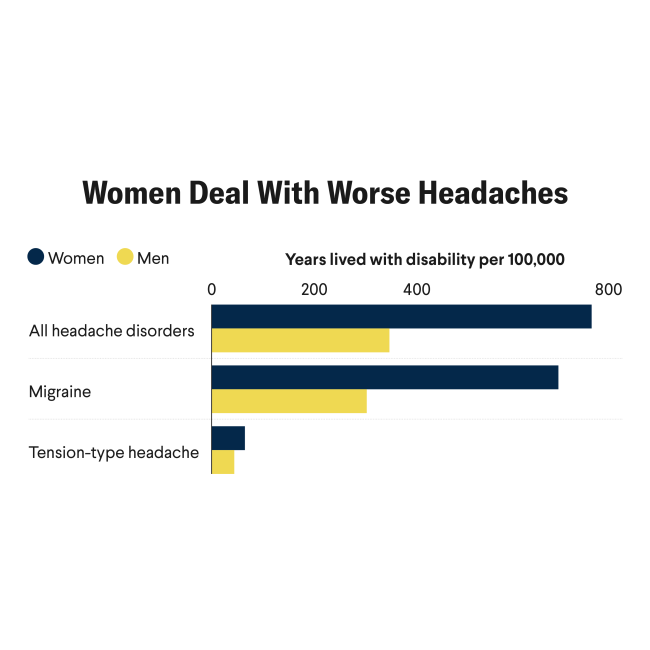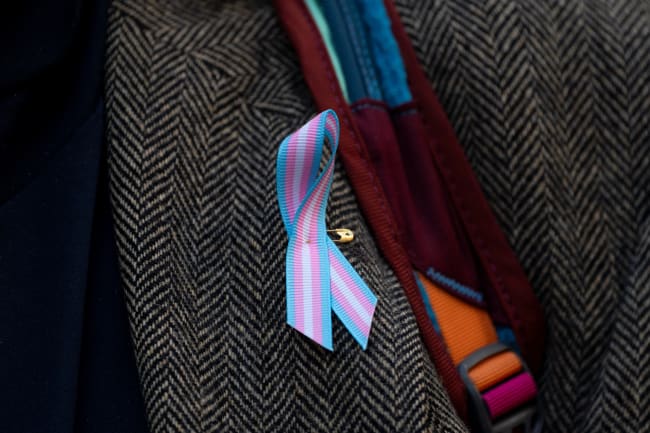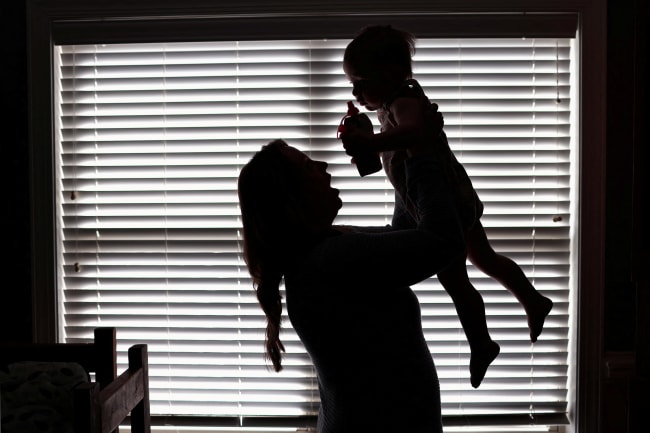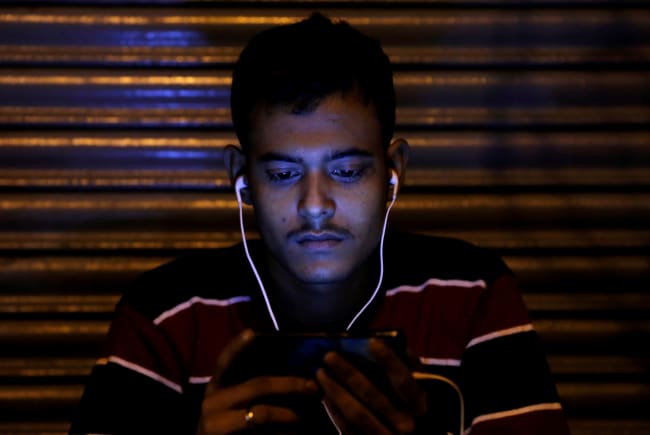The United Nations Refugee Agency (UNHCR) estimated that approximately 82.4 million people worldwide were forcibly displaced by the end of 2020. More than half were women and girls. This week, the UNHCR reported that more than one million people have fled Ukraine in the days following Russia's invasion. The Russian attack on Ukraine is yet another humanitarian disaster in a war-torn world that's come on the heels of ongoing conflicts in South Sudan, Tigray, and the Taliban-led Afghanistan, and a state of collapse in Lebanon. Adding to this are emergency situations due to natural disasters in Madagascar, Haiti, and elsewhere.
So, what happens to menstrual health in the context of crisis?
More than one million people fled Ukraine in the days following Russia's invasion
In times of crisis, pressure stresses existing systems and resources and the needs of women and girls are often overlooked. We saw this phenomenon during the COVID-19 pandemic, when global health security strategies were not gender-responsive, and we continue to see women disproportionately impacted by the war in Ukraine and in other conflict zones. UN Women (United Kingdom) estimates that two-thirds of the 1.5 million people who have been displaced in Ukraine since the start of the conflict in Crimea in 2014 are women and children. Yet, the specific needs of women are not always included in emergency programming. Other UN entities have stressed the need for a comprehensive water, sanitation, and hygiene (WASH) strategy that recommends personal hygiene materials, including menstrual products, be distributed through a voucher scheme. Advocates have also called for increased emergency programming around menstrual hygiene management (MHM).
Periods Don't Stop for Conflict
Periods don't stop for conflict. Responding appropriately to women's menstrual health needs in emergencies should be essential for any humanitarian response. When women and adolescent girls' menstrual health needs are not met, they face numerous difficulties managing their periods and experience increased feelings of shame and discomfort.
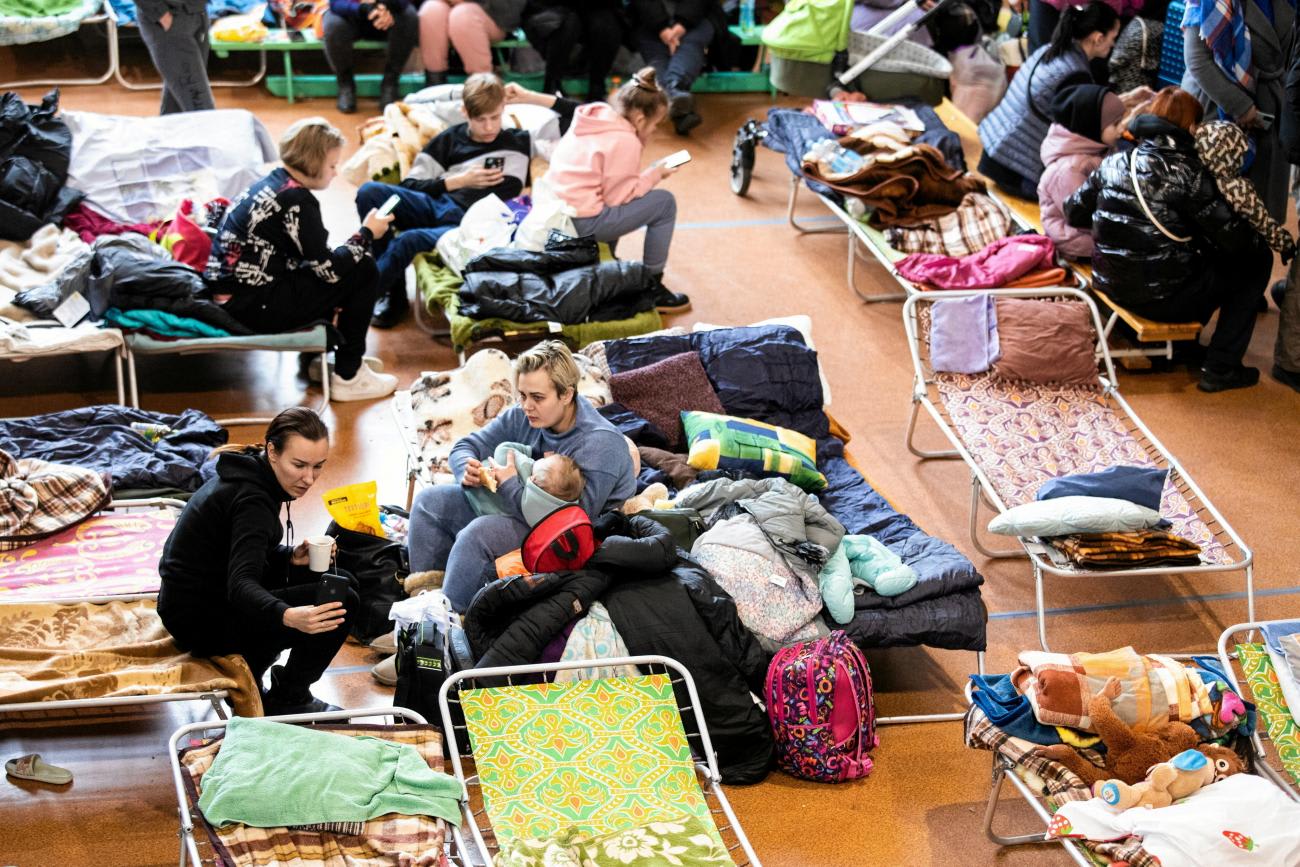
Humanitarian emergency responses could benefit from menstrual health mainstreaming including the integration of measures that address WASH needs: access to safe spaces and shelter, sexual and reproductive health education and services, and strategies that mitigate the stigma and shame surrounding menstrual health. Displaced women and adolescent girls, particularly those from vulnerable groups, including people with disabilities, should be consulted so that their preferences and needs are met. This means ensuring women have access to culturally appropriate menstrual products they are comfortable using and have access to safe and private toilet and bathing spaces. It also requires providing laundry soap and drying lines to maintain reusable menstrual products and for washing clothes stained with menstrual blood.
Integrating menstrual health into humanitarian responses more systematically could improve access to period products during times of crisis. Integration could also reduce the need for women to decide on whether to spend limited funds on menstrual products or other necessities.
A lack of access to safe facilities and menstrual products during times of crisis can also affect an adolescent girl's or woman's ability to run errands such as buying groceries, participating in school, or carrying out other functions outside of the home.
Periods do not pause for pandemics, nor do they stop during conflict
Although there is guidance on what should be included in effective menstrual health emergency programs, including the toolkit and compendium co-created by Columbia University's Mailman School of Public Health and the International Rescue Committee, in collaboration with numerous humanitarian response agencies and organizations, it is still a challenge to encourage aid agencies and governments to prioritize menstrual health during conflict situations—especially against the backdrop of a pandemic.
A Call to Action
Periods do not pause for pandemics, nor do they stop for conflict. As the war in Ukraine continues, governments and relief agencies have the responsibility to preserve the dignity and humanity of all people and to uphold human rights, including the right to menstrual health. Period products should be included in relief packages and agencies should provide contextually and culturally appropriate menstrual health education, and assure that private, clean, and safe spaces for women, adolescent girls, and others who menstruate are made available so that everyone can manage their periods comfortably, safely, and with dignity.
